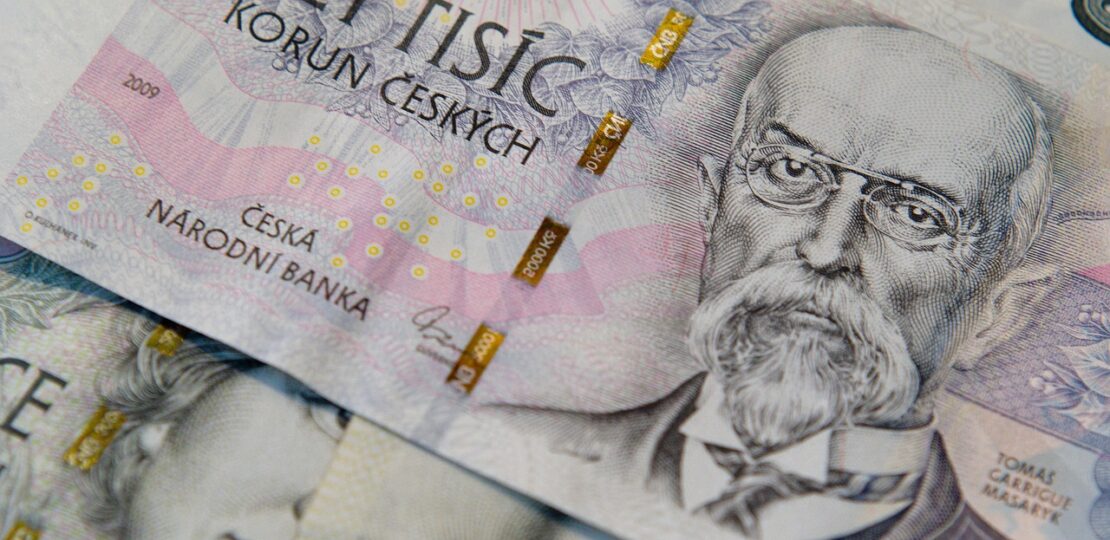“El Salvador’s Bitcoin Experiment: The Economic Implications of the First Crypto-Nation”
May 4, 2025 | by Sophia Vance

El Salvador’s Bitcoin Experiment: The Economic Implications of the First Crypto-Nation
By Sophia Vance
With a bold stroke of legislative audacity, El Salvador has officially become a new frontier in the world of finance by becoming the first country to adopt Bitcoin as a legal tender. This bold venture into crypto-territory is a fascinating, if somewhat risky experiment that carries significant implications not only for the Central American nation but for the global financial arena as well.
Bitcoin, the first and most popular cryptocurrency, operates outside the traditional financial system. It is decentralized, meaning it is not controlled by a central authority such as a government or a central bank. This allows for financial transactions to occur without the need for intermediaries, and it provides a level of anonymity to users. However, the value of Bitcoin is notoriously volatile, which creates a significant degree of financial risk.
El Salvador’s decision to adopt Bitcoin as legal tender, alongside the US dollar, is primarily an attempt to counter the country’s economic problems. A large percentage of the Salvadoran population does not have access to traditional banking services, and the country relies heavily on remittances from abroad. By adopting Bitcoin, the government hopes to attract foreign investment, boost financial inclusivity, and reduce the costs associated with money transfers.
However, this experiment is not without its perils. The volatile nature of Bitcoin’s value could potentially destabilize El Salvador’s economy. Imagine a situation where the price of Bitcoin plummets: How would this affect the purchasing power of the Salvadoran people or the value of their savings? There’s also the question of whether the country’s infrastructure is prepared to handle digital transactions on a widespread scale. While the government is investing in education and technology to promote Bitcoin use, the adoption rate, especially among rural and older populations, remains uncertain.
Furthermore, the move has raised eyebrows in the international community. The International Monetary Fund (IMF) has expressed concern over the potential for money laundering and other forms of financial misuse. It is also unclear how this move will impact El Salvador’s relationship with the IMF and other financial institutions, which have traditionally been cautious about cryptocurrency.
In the world of finance, El Salvador’s move is both exciting and unsettling. It represents a striking challenge to traditional banking systems and could potentially mark the beginning of a new era in international finance. If successful, other nations grappling with similar economic issues may follow suit, making cryptocurrency a more significant player in the global finance arena.
Yet, the risks cannot be ignored. The volatility and unpredictability of Bitcoin’s value could pose serious threats to El Salvador’s economic stability. Additionally, the move could isolate the country from international financial institutions and potentially foster illicit financial activities.
In conclusion, El Salvador is venturing into uncharted financial territory. The small Central American country is essentially operating as a real-world laboratory for Bitcoin adoption. The results, whether positive or negative, will inevitably provide valuable insights into the potential of cryptocurrencies as a legitimate form of legal tender.
With its Bitcoin experiment, El Salvador is at the forefront of a potential financial revolution. The world watches with bated breath as it embarks on this bold journey. Regardless of the outcome, one thing is certain: this groundbreaking move will provide invaluable insights into the possible future of global finance.

RELATED POSTS
View all



